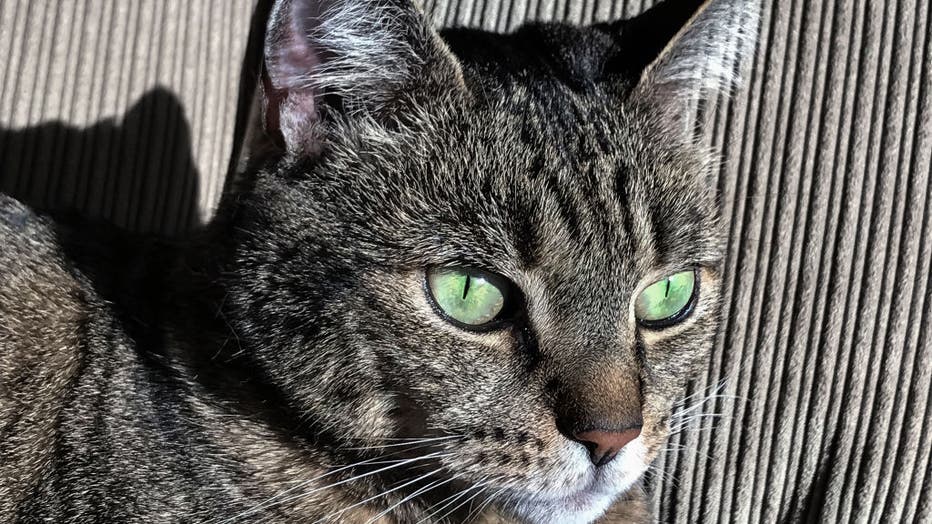NYC cats contract bird flu: What to know about the virus in pets

Bird flu in cats could raise human risk, experts warn
Now there are new concerns about cats getting sick with bird flu. There have been several confirmed cases in the U.S. FOX 5 NY's Stephanie Bertini explains it could increase the risk of human infections.
NEW YORK - A kitten on the Upper West Side died after contracting the bird flu, and the city’s health department is investigating additional cases, including a second cat that also tested positive for the virus.
Though cases of infection are rare, cats seem especially susceptible to the bird flu virus, or Type A H5N1 (CDC).
FOX 5 NY has confirmed that the health department is looking into two separate incidents of cats testing positive for the bird flu. In one case, the source is believed to be contaminated cat food.
What we know:
The 8-month-old kitten is believed to have contracted the virus from a raw chicken-based diet.
Over the course of nine days, the kitten's condition deteriorated rapidly. The owner sought veterinary care after noticing symptoms, which included a high fever of 106°F.
Dig deeper:
The kitten was placed on oxygen and diagnosed with severe pneumonia. The veterinary team at Brilliant Veterinary Care made the decision, in consultation with the owner, to euthanize the animal. Testing later confirmed that the kitten had the bird flu.
How does bird flu spread?
The bird flu can spread through an infected animal's bodily fluids, but there have also been reports of cats getting the virus from food.
In the past four months, three pet food brands have issued recalls, with two still in effect. Monarch Raw Pet Food remains under recall, and Wild Coast Raw recently recalled its products after a pet died from the virus. The company announced it would switch to fully cooked recipes to reduce the risk.
While dogs can get the virus, officials say cats are more likely to be affected. Veterinarians recommend that any pet showing symptoms be checked by a vet and kept away from other animals to prevent the virus from spreading. Pet owners are also advised to take extra care when handling sick pets.
How to protect animals from bird flu

Portrait of a tabby cat with green eyes. (Photo by John Greim/LightRocket via Getty Images)
Dr. Michael Q. Bailey, president-elect of the American Veterinary Medical Association, advises that cats should not drink unpasteurized dairy products or eat raw meat. He also recommends keeping cats away from wild birds, livestock, and poultry.
"Don’t let them wander freely outdoors," Bailey says. "You don’t know what they’re getting into. Cats are natural hunters, and one of their favorite prey are birds."
He also warns pet owners to avoid touching sick or dead birds and to thoroughly wash their hands after handling poultry or animals.
Bird flu symptoms in cats
Cats sick with bird flu might experience loss of appetite, lethargy and fever.
They could have reddened or inflamed eyes and discharge from the eyes and nose. They might have difficulty breathing or have tremors or seizures.
If your cat is sick, call your veterinary clinic and keep the cat away from anyone with a weakened immune system.

